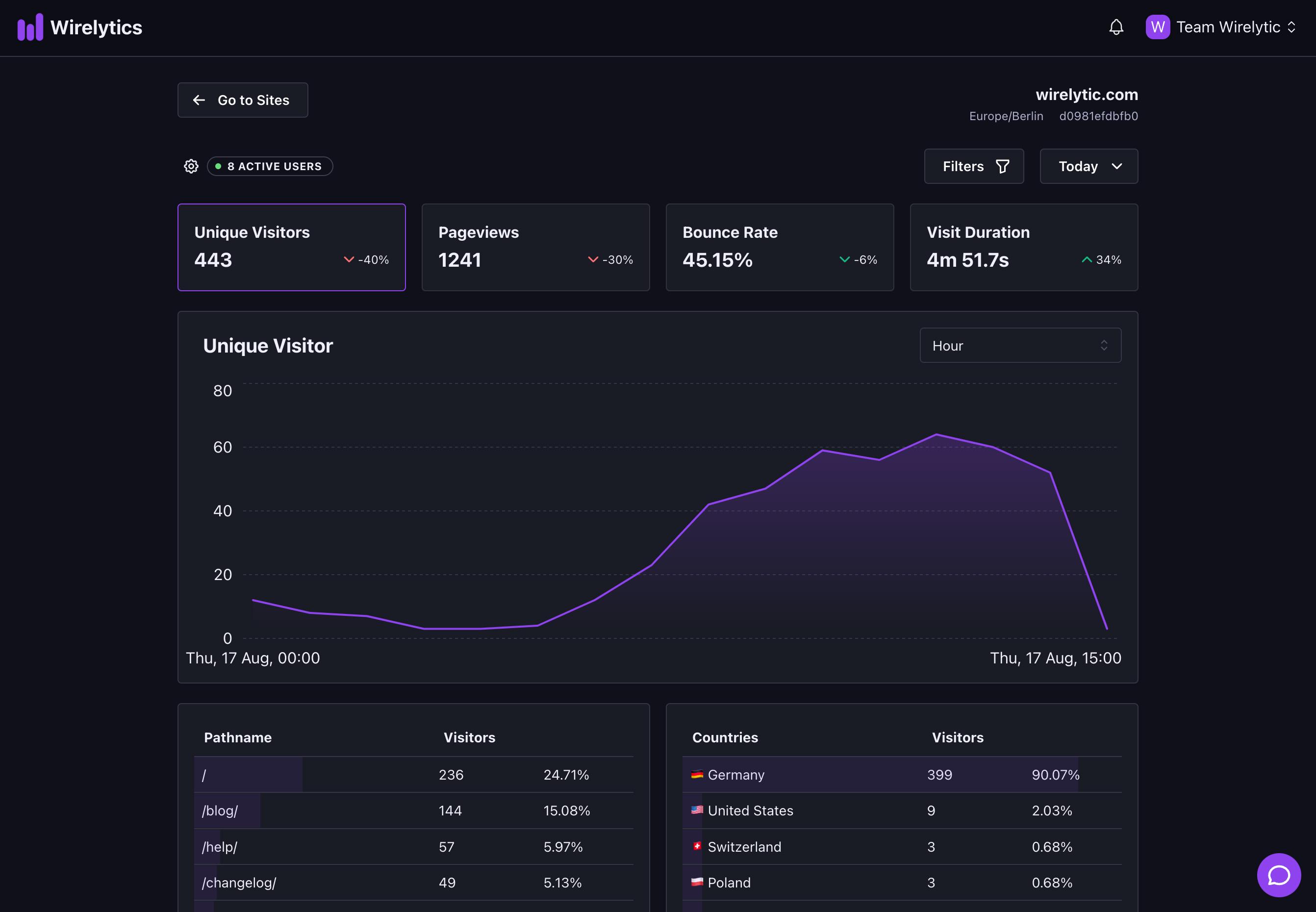Google Analytics has long been a staple for website owners, providing invaluable insights into user behavior and site performance. However, recent developments in European data protection laws have raised a critical question: Is Google Analytics illegal in Europe? In this post, we delve into the intricacies of this issue to help you navigate the evolving landscape of web analytics.
Understanding the European Data Protection Authorities' Stance
Several European Data Protection Authorities (DPAs), including those in Austria, France, Italy, Denmark, Finland, Norway, and Sweden, have expressed concerns about the use of Google Analytics. Their primary contention revolves around the General Data Protection Regulation (GDPR) and the potential risks to user data privacy.
-
Austria: The Austrian DPA believes that the use of Google Analytics violates GDPR due to the potential surveillance of European citizens' data by U.S. intelligence services.
-
France: The French DPA, CNIL, has also ruled against the EU-US data transfer to Google Analytics, deeming it illegal.
-
Italy: The Italian Data Protection Authority, Garante, has highlighted the unlawfulness of data transfers to the USA through Google Analytics.
-
Denmark: Danish DPA, Datatilsynet, suggests that websites should cease using Google Analytics unless effective supplementary measures can be implemented to ensure compliance with data protection laws.
-
Finland: The Finnish Deputy Data Protection Ombudsman has declared that Google Analytics and Google Tag Manager are in violation of privacy regulations.
-
Norway: The Norwegian Data Protection Authority, Datatilsynet, has ruled that Google Analytics 4 does not address the identified privacy issues.
-
Sweden: The Swedish Authority for Privacy Protection (IMY) imposed a substantial fine on a company for using Google Analytics, stating that companies must discontinue its use.
Implications for Website Owners
These rulings have created uncertainty for website owners who rely on Google Analytics. The primary concern is the potential for data to be accessed by U.S. authorities under the CLOUD Act, even if the data is hosted in the EU.
So, what does this mean for you? If you are targeting European audiences or your website collects personal data, it's crucial to consider the implications of these rulings. Legal experts can provide guidance on how these decisions affect your specific situation.
Consider Wirelytic as an Alternative
If you're in search of a privacy-focused alternative to Google Analytics, consider Wirelytic. Wirelytic prioritizes user privacy and offers several advantages:
-
European-Based: Wirelytic is an independent, EU-based project with servers and cloud infrastructure in Germany, ensuring compliance with stringent European data protection laws.
-
Subscription Model: Wirelytic operates on a subscription model rather than relying on surveillance capitalism. Your data remains exclusively yours.
-
Lightweight and Privacy-Focused: Wirelytic minimizes data collection, avoids cookies, and eliminates cross-site tracking, aligning with a privacy-first approach.
Final Thoughts
The legality of Google Analytics in Europe is a complex issue influenced by evolving data protection laws and regulatory interpretations. While these rulings do raise concerns, they also underscore the importance of prioritizing user data privacy.
As website owners, it's crucial to stay informed about these developments and consult legal experts to make informed decisions about your analytics tools. Whether you stick with Google Analytics or explore alternatives like Wirelytic, the goal is clear: protect user privacy while gaining valuable insights into your website's performance.
Disclaimer: This post provides information based on the author's understanding of the topic as of the publication date. It does not constitute legal advice. Consult legal experts for guidance specific to your situation.
Ready to Get Started?
Setting up your first website only takes a few minutes.
No credit card required.
